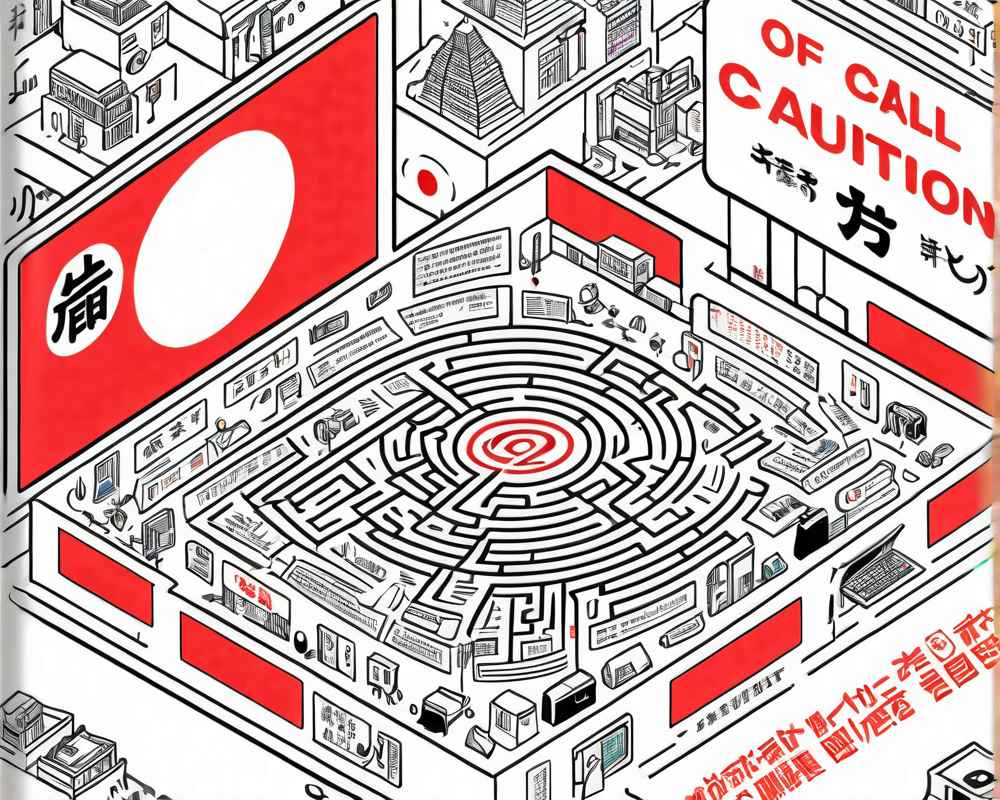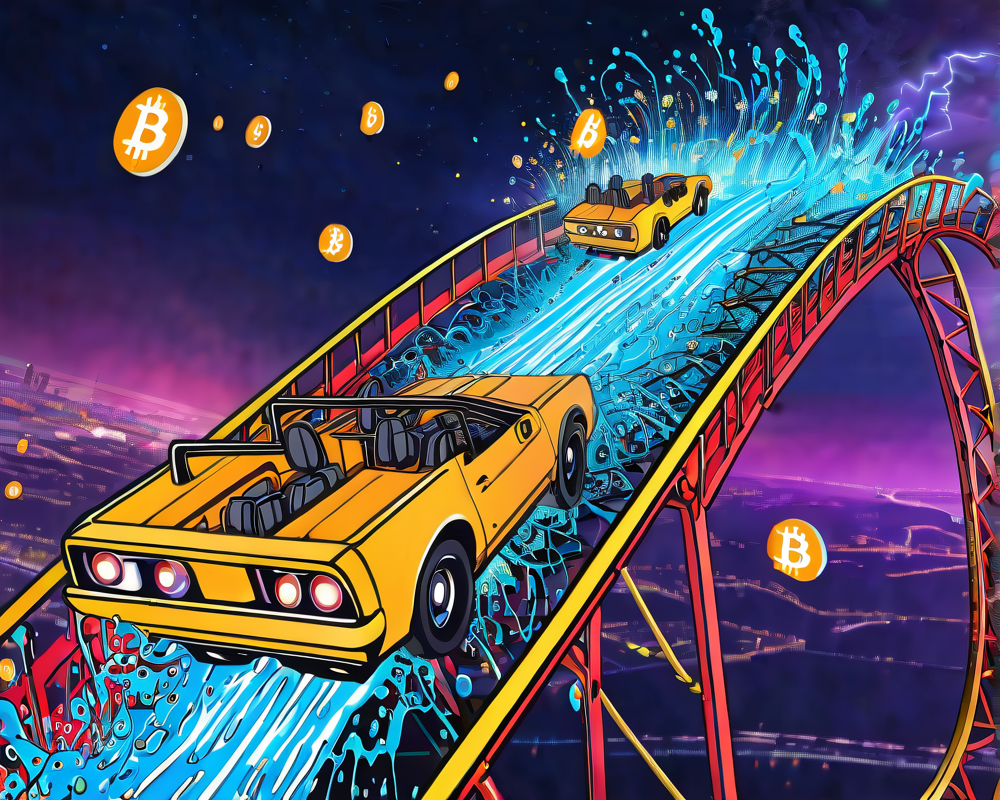Concerns about AI and Copyright Law
Japanese experts in artificial intelligence are sounding the alarm about how AI is trained using information that is often obtained illegally. They argue that this practice could lead to a flood of copyright infringement cases and a whole range of challenges, from job losses to the spread of false information and even leaks of confidential data.
Government Draft Raises Red Flags
On May 26, a draft was submitted by the government’s AI strategy council, igniting conversations about the urgent need for regulations around AI technologies. Lawmaker Takashi Kii pointed out that there aren’t any existing laws preventing AI from using copyrighted material—or any illegally obtained content—for training.
Exploring the Legal Grey Area
“When I looked into Japan’s copyright laws regarding AI, I found that no matter the purpose—be it for profit or not—data is often drawn from illegal sources,” Takashi stated emphatically. This raises the question: Is it ethical to allow AI to learn from dubious information sources? It’s a dilemma wandering somewhere in the murky waters of legal interpretation.
AI in Education: A Double-Edged Sword
Takashi doesn’t merely stop at the tech industry; he interrogated how AI chatbots like ChatGPT could find their way into schools, suggesting that the education sector could be in for a ride when the tech gears up for adoption in March 2024. Whoever thought that learning could involve so many pesky question marks?
Expert Insights: Is AI a Copyright Criminal?
Speaking of gray areas, Andrew Petale, a lawyer and trademarks attorney, likened current AI copyright law to a dense fog. “Copyright protects how ideas are presented, not the ideas themselves,” he clarified. So, if humans input data into an AI, the original expression morphs and gets creative. Is the IP responsibility as slippery as it sounds?
Who’s Accountable: The Creator or The User?
The big question persists: Who’s liable if AI takes a wrong turn into copyright infringement? Is it the creators of the technology, or the unforeseen consequences that the users introduce? Petale’s musings bring us back to the heart of the matter—the intrigue of intellectual property and responsibility, in which we might need to summon our inner Solomon.
Company Perspectives: Fair Use Defense
From the AI company viewpoint, the claim is often made that their models don’t infringe copyright; they’re innovating and transforming original content into fresh creations, qualifying as fair use under U.S. law. However, as this debate unfolds, it’s crucial for all stakeholders to tread carefully.




